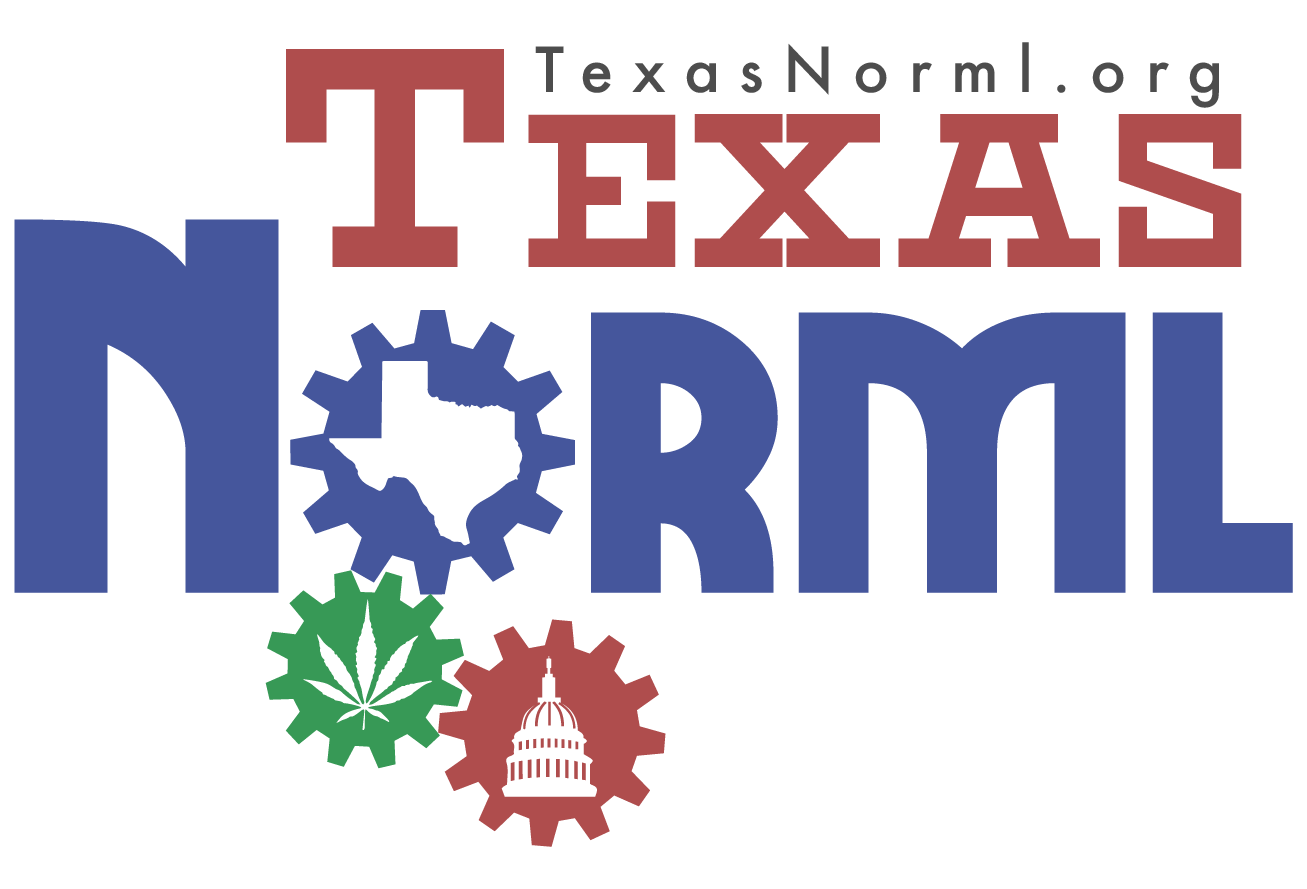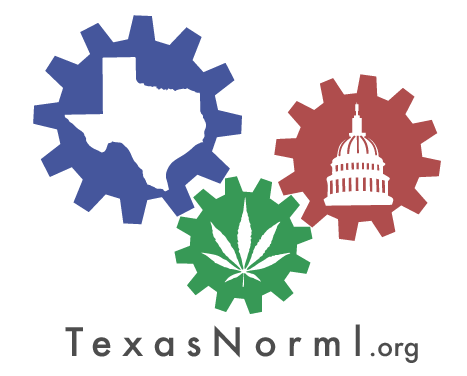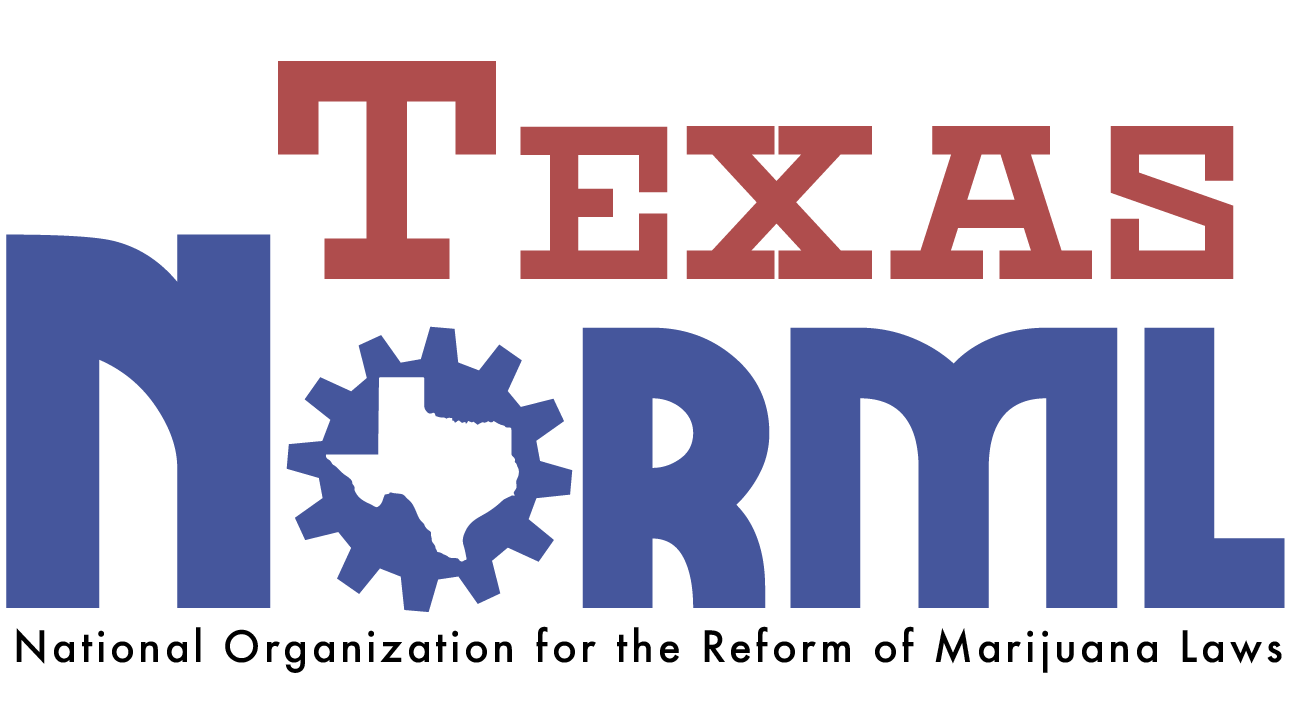Big Alcohol’s decision to squash marijuana law reform to protect its bottom line is simply politics as usual.
It is said that politics makes strange bedfellows, but there are arguably few stranger than the emerging alliance between two of California’s most powerful political players: the police-industrial complex and Big Alcohol. Campaign finance reports from the Golden State disclose that the California Beer and Beverage Distributors — a trade organization that represents over 100 beer distributors statewide — is one of the primary backers of the lobby group Public Safety First, sponsors of the No on Prop. 19 campaign.
According to the California Secretary of State’s office, the beer lobby donated $10,000 to Public Safety First on September 7, 2010. The donation came just days before PSF issued an online mailing alleging that the passage of Prop. 19 — which would legalize the private adult use and cultivation of limited amounts of cannabis, and allow local governments the option of regulating its commercial production and retail distribution — would inevitably lead to stoned school bus drivers and crossing guards, and will cause California public schools to “lose as much as $9.4 billion in federal funding.” (Needless to say, passage of the measure would do none of these things.)
While it’s hardly astonishing that the corporate beer lobby would oppose efforts to legalize marijuana, a non-toxic, ostensibly safer alternative to alcohol, it is surprising to see how quickly the law enforcement lobby — to date the largest supporters of PSF — is willing to get into bed with big booze. So far, the Cal Beer and Beverage Distributors $10,000 appropriation is one of the largest monetary donations received by Public Safety First, third only to the $30,000 donated by the California Police Chief’s Association and the $20,500 donated by the California Narcotics Officers Association. (Overall, PSF has had a notoriously difficult time raising money for its effort. Last month, the East Bay Express reported that total financial contributions to the Prop. 19 campaign were well ahead of those reported for Public Safety First, which at that time had only raised $61,000, with just one citizen donor.)
There’s no doubt that police officers know firsthand the social toll caused by alcohol. Federal government estimates indicate that alcohol consumption costs the nation some $200 billion annually in hospitalizations, criminal expenditures and lost productivity. (Ironically, the nation’s top drug cop, Drug Czar Gil Kerlikowske, has specifically highlighted the staggering social costs of alcohol abuse in his rhetoric against Prop. 19.) Government figures further indicate that alcohol is a contributing factor in at least 25 to 30 percent of all violent crime in America, including between 30 to 60 percent of homicides and perhaps as many as half of all sexual assaults.
On college campuses alone, an estimated 700,000 students between the ages of 18 and 24 are assaulted by peers who have been drinking, and close to 100,000 students are reported victims of alcohol-related sexual assault or date rape. Nationally, some 41,000 people per year die as a result of drunk driving or other alcohol-related accidents. Conversely, cannabis use is associated with decreased aggression, reduced risk of injury, and is assumed to play, at best, only a nominal role in traffic accidents. (In fact, the total national number of marijuana-related auto accidents is so small the federal government doesn’t even compile the statistic.)
Locally in California, the Marin Institute, a self-proclaimed “alcohol industry watchdog” group, claims that alcohol abuse costs taxpayers some $38 billion per year in social costs, which includes more than 109,000 alcohol-related injuries, and over 70,000 alcohol-related hospitalizations annually. By contrast, a 2010 report released by the Rand Corporation concluded that fewer than 200 Californians sought emergency-room treatment for marijuana-related events, despite more than 400,000 Californians using it daily.
Nevertheless, it appears that many in law enforcement are willing to set aside their own firsthand experience with the horrors of alcohol for the sake of the drug war’s “political correctness.” For the higher-ups at the California Police Chief’s Association and the California Narcotics Officers Association, the old adage, “The enemy of my enemy is my friend,” rings true.
Of course, Big Alcohol’s decision to squash marijuana law reform to protect its bottom line is simply politics as usual. Its recent union with Public Safety First isn’t the first time the California Beer and Beverage Distributors has opposed drug law reform in the Golden State. In 2008, the booze lobby donated a much larger amount — $100,000 — to defeat Proposition 5, the Nonviolent Offender Rehabilitation Act, which among other things would have reduced criminal marijuana possession penalties from a misdemeanor to a non-criminal infraction. (The measure failed 40 percent to 60 percent.) Given that the alcohol industry now has influence groups in all 50 states and that its federal lobbying arm, the National Beer Wholesalers Association, ranks among the top financial donators on Capitol Hill, it’s clear that this latest political salvo won’t be the last either.
Paul Armentano is the deputy director of NORML (the National Organization for the Reform of Marijuana Laws), and is the co-author of the book Marijuana Is Safer: So Why Are We Driving People to Drink (2009, Chelsea Green).


